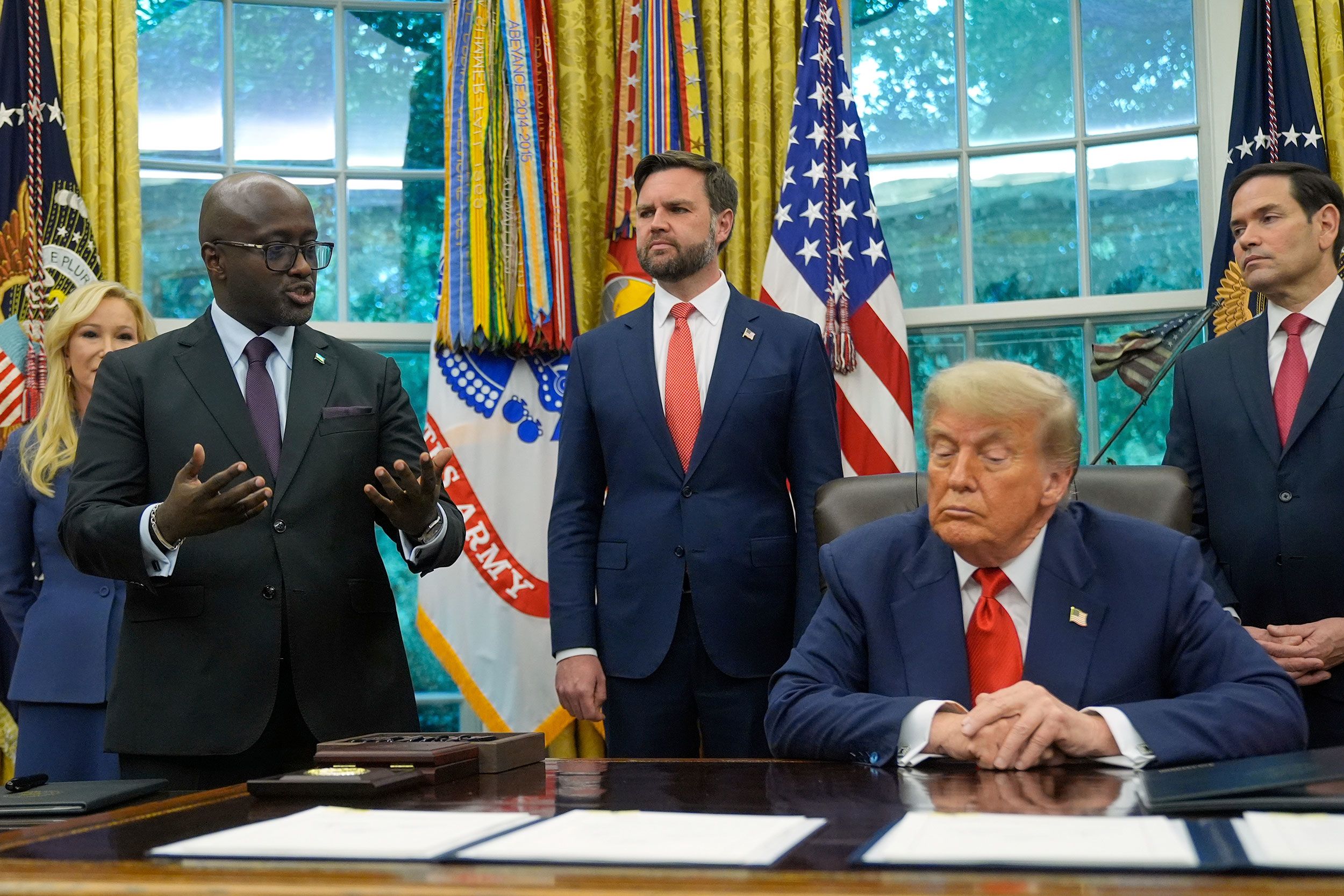
Rwanda has formalised a deal with the United States to receive migrants deported from American soil, marking a new chapter in former President Donald Trump’s aggressive migration strategy focused on outsourcing deportations to third countries.
Signed in Kigali in June, the agreement outlines Rwanda’s commitment to gradually accept up to 250 migrants deemed to be in irregular status by US authorities.
The first group, comprising ten individuals, has already been transferred. According to Rwandan officials, those accepted will benefit from comprehensive support, including vocational training, healthcare, and housing.
The Rwandan government emphasises its national ethos of rehabilitation, invoking a shared history of displacement and resilience: “Our values of rehabilitation reflect a collective memory of exile and reconstruction,” a government spokesperson stated, highlighting the country’s unique perspective on migration and recovery.
This partnership situates Rwanda alongside other African nations like South Sudan and Eswatini, which have recently agreed to similar arrangements. South Sudan accepted eight migrants of diverse nationalities in early July, while Eswatini welcomed five, many of whom had been detained in US immigration facilities.
Beyond Africa, countries including El Salvador, Mexico, Kosovo, and Guatemala are also being courted as part of a broader US strategy to offload the burdens of immigration enforcement.
However, the initiative has sparked intense criticism. Human rights advocates point to a troubling lack of transparency surrounding the agreements and question the conditions in which migrants are received. There is growing concern that these deals may be driven by diplomatic or economic pressure, calling into question whether partner states are truly consenting to these arrangements.
As the US pursues this controversial path, the spotlight falls on the human costs and ethical implications of outsourcing deportations — raising urgent questions about the future of global migration governance.



